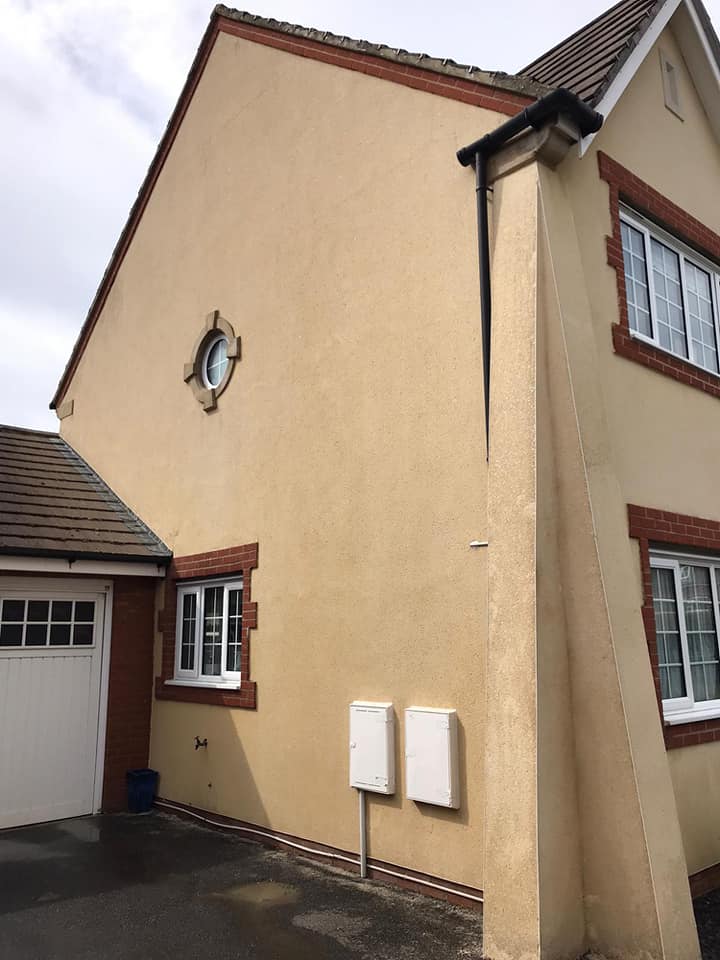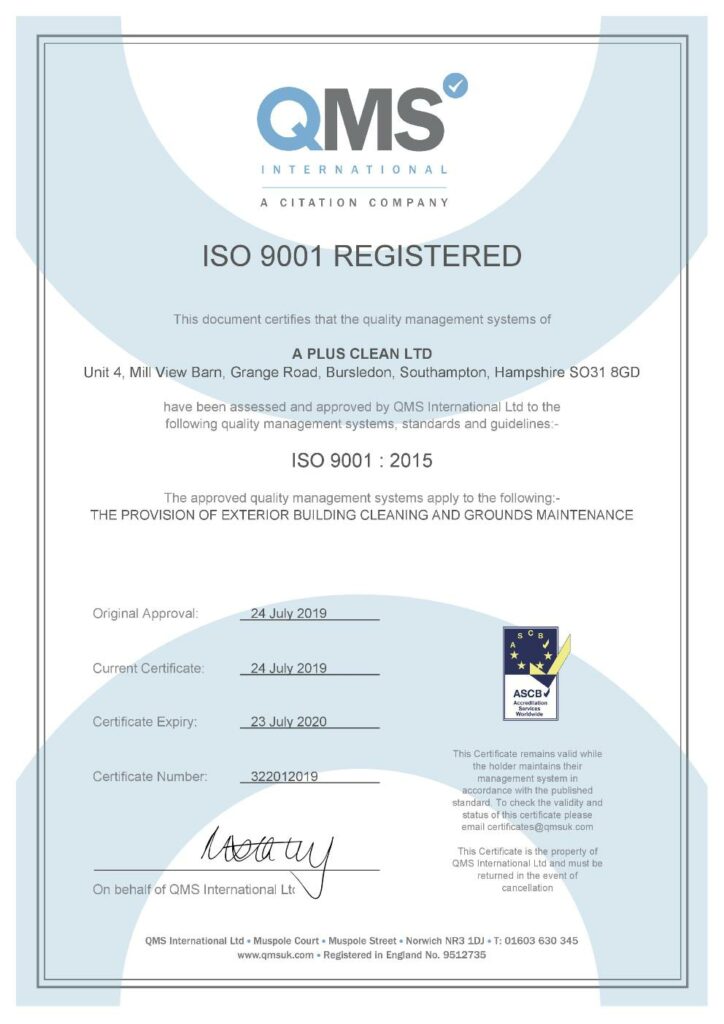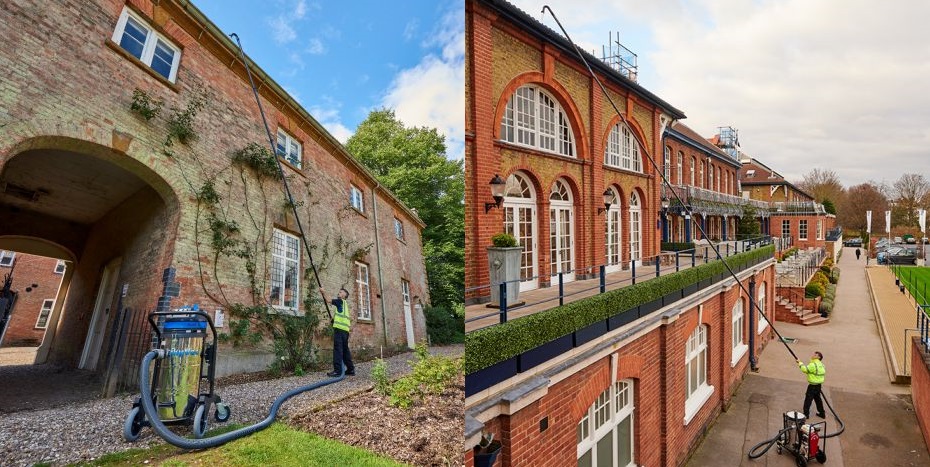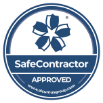Protecting plants and shrubs when soft washing or power washing your home’s exterior.
If you’re gearing up for a big exterior cleaning project, you may wonder how to keep your plants protected from the runoff of harsh chemicals and treatments.
To remove algae, mildew, and dirt, chemicals are often used during outside cleaning jobs like roof cleaning. While some products and treatments may be necessary to keep your home looking its best, they can also leave brown spots on plants and kill them.
With a little care and preparation, you’ll be able to protect your plants during the washing process.
Why is it essential to keep plants and shrubs safe when exterior cleaning and washing my home?
Plants add beauty to the exterior of any property. Keeping them safe while cleaning is important to maintain their health and longevity.
Cleaning the outside of a property can involve harsh chemicals, which can damage plants if they are not properly protected. You want to avoid bleach or detergent runoff to protect plants and leaves from potential chemical burns.
Using the wrong cleaning method can also damage or kill them due to overexposure to substances. Pressure washing and rinsing can kill them as well.
Thankfully, you can take steps to protect the leaves from potential damage and ensure plant safety.
Our top six tips for plant safety when cleaning your home exterior.
1. Water the plants thoroughly
Before starting any cleaning, it is important to ensure that your plants are well-hydrated. Water will help protect the leaves and plant roots.
This is because;
- Pre-wet plants help prevent chemical burns caused by bleach and other chemicals, making them less harsh on plants.
- Deeply saturated soil helps protect the plant’s root systems from damage from the cleaning process.
- Coating all plants with water before cleaning can also help prevent the plants from becoming dehydrated during the process.
- Watering plants before pressure washing can help prevent damage from the force of water.
- If possible, water the plants using a garden hose with low pressure a day or two before you begin cleaning.
Rinse off your plants after the cleaning is finished. This is a great way to get any moisture lost back into the plant, and washing is the best process to remove excess chemicals that may have landed on them.
2. Protect the plants from cleaning products.
Try to avoid potential chemical burns caused by cleaning products you use. Even natural cleaners can be damaging if misused.
Try to:
- Keep all cleaning products away from the plants.
- Use cleaning products labelled safe for use around plants to remove dirt and grime.
- If you must use a harsher cleaning product, be sure to dilute it with water, this ensures the detergent runoff will be diluted and less damaging.
Pay attention to plants that fall directly below the roof line or area you are cleaning. If possible, move them or cover them.
You can lightly cover plants for an extra layer of protection. Just be mindful of covering plants for prolonged periods. Coverings can act like a greenhouse and heat the plants, or cut off their air supply, so be sure to remove your covering as soon as possible.
3. Use a gentle cleaning method
When trying to get the grime off your home and restore its appearance, you may need to use a gentle cleaning method to protect your plants. Using a pressure washing process to remove excess dirt can be too intense and damage the foliage of the plants.
Instead, use a soft brush or cloth with mild soap and water when cleaning near plants. Before using any cleaning products, test them on weeds in the gutter downspout. This will help ensure that it won’t cause any damage or discolouration to the surrounding area.
4. Avoid harsh chemicals
It’s vital to keep your plants safe from the harsh chemicals used in many cleaning products while cleaning your house’s walls, siding or windows.
Choose cleaning products that are made for use around plants, and avoid anything that is overly acidic or abrasive.
Products containing bleach, lye, ammonia, and chlorine can harm or kill your plants, so read labels and check ingredients carefully before using them near your plants.
Avoiding harsh chemicals can help ensure that your plants remain healthy and vibrant. If possible, use natural cleaners such as vinegar and baking soda.
5. Rinse the plants off after cleaning
Once you’ve finished cleaning the exterior of your home, rinse the plants off after cleaning with a chemical or bleach solution. This helps wash away any residual cleaning product that may have settled on the leaves or soil. Using a hose or soft-bristle brush with plain water is best. Avoid using a pressure washer since this can cause damage to the plants.
For some hard-to-remove dirt or stains, use a small amount of mild soap and then thoroughly rinse it. Try only to use natural and non-toxic soaps.
After rinsing, check the leaves for any signs of damage or discolouration, and if needed, move the plants to another area to allow them to recover.
6. Reapply Mulch and Fertiliser
After cleaning, it might be necessary to reapply mulch and fertiliser to the plants. Mulch helps protect plants from extreme temperatures, keeps weeds away, and helps retain soil moisture, and fertiliser helps plants thrive by providing essential nutrients to the soil.
When reapplying mulch and fertiliser, be sure to use a product that is appropriate for your type of plant. Spread the mulch around each plant’s base, careful not to cover the stem or leaves.
Then, apply the fertiliser according to package instructions, being mindful not to over-fertilize. Finally, water the plants again to help the mulch and fertiliser settle into the soil.
Protect your landscape and keep your plants safe with professional washing services.
Cleaning your home is an important part of keeping your property looking great, but it’s also important to take the proper steps to ensure that your plants and landscaping remain safe. By following the above tips, you can keep your plants safe while still giving your home a thorough clean.
If you’re worried, a professional exterior cleaning service may be a better option. Professional exterior cleaners will take precautions to care for your plants.
Want help cleaning your exterior without damaging your plants? Contact us today.














